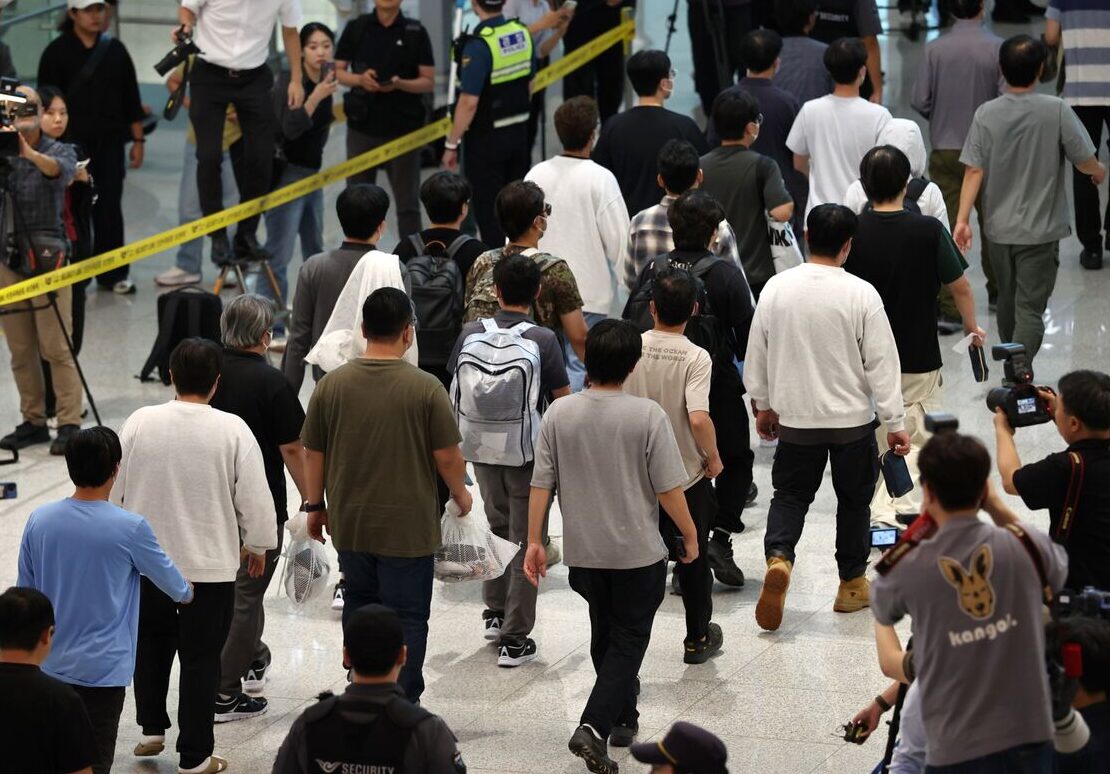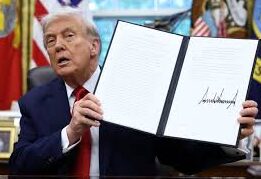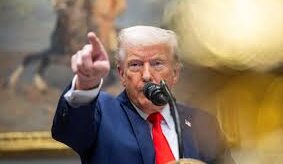More than 300 South Korean workers caught up in a massive immigration raid at a Hyundai battery plant in Georgia have landed back home, in a case that has strained ties between Washington and Seoul.
The workers arrived at Incheon International Airport on a chartered Korean Air flight from Atlanta on Thursday. Fourteen non-Koreans were also on board, while one South Korean chose to stay in the U.S. to pursue permanent residency.
The raid, which detained 475 people in total, has sparked outrage in South Korea and rattled companies pouring billions into U.S. factories. President Lee Jae Myung warned Thursday that the incident could make Korean businesses think twice about investing in America.
White House Delay
Their departure was delayed by more than a day after President Donald Trump ordered a pause, according to Seoul’s foreign ministry. Trump wanted to check whether some workers were willing to remain in the U.S. to continue training Americans.
When the group finally arrived home, they looked relieved but exhausted. “I’m back, I’m free,” one man shouted as he was escorted through the airport under tight security.
Dozens of reporters were waiting alongside protesters, who held banners criticizing Trump. One poster showed him in an immigration officer’s uniform with the caption: “We’re friends! Aren’t we?”
South Korea’s foreign ministry has urged local media to blur workers’ faces in photos and videos, saying they requested privacy after the ordeal.
Factory Setback
Hyundai and its partner LG Energy Solution have confirmed the raid will delay the plant’s opening by at least two months. CEO José Muñoz said the company now has to find replacement workers.
LG noted that many of the detained employees held visas or were working under the visa waiver program, raising questions about how the raid was carried out.
One worker told the BBC the scene was chaotic, with mechanics installing production lines rounded up in handcuffs and chains. Most were employed through a contractor.
Diplomatic Fallout
The timing could hardly be worse. The U.S. and South Korea are in the middle of sensitive trade talks, and Seoul has committed tens of billions of dollars in American investments.
South Korean media have described the raid as a “shock,” warning of a chilling effect on future business. Yonhap News Agency urged both governments to quickly “repair cracks in their alliance.”
In Washington, Foreign Minister Cho Hyun met with U.S. senators this week, asking Congress to consider a new visa program to protect Korean companies operating in America.
The White House, however, has defended the raid. Trump pointed to it in a weekend social media post, urging foreign firms to prioritize hiring Americans. He added that the U.S. would make it easier for companies to bring in foreign workers — but only if they complied with immigration laws.






